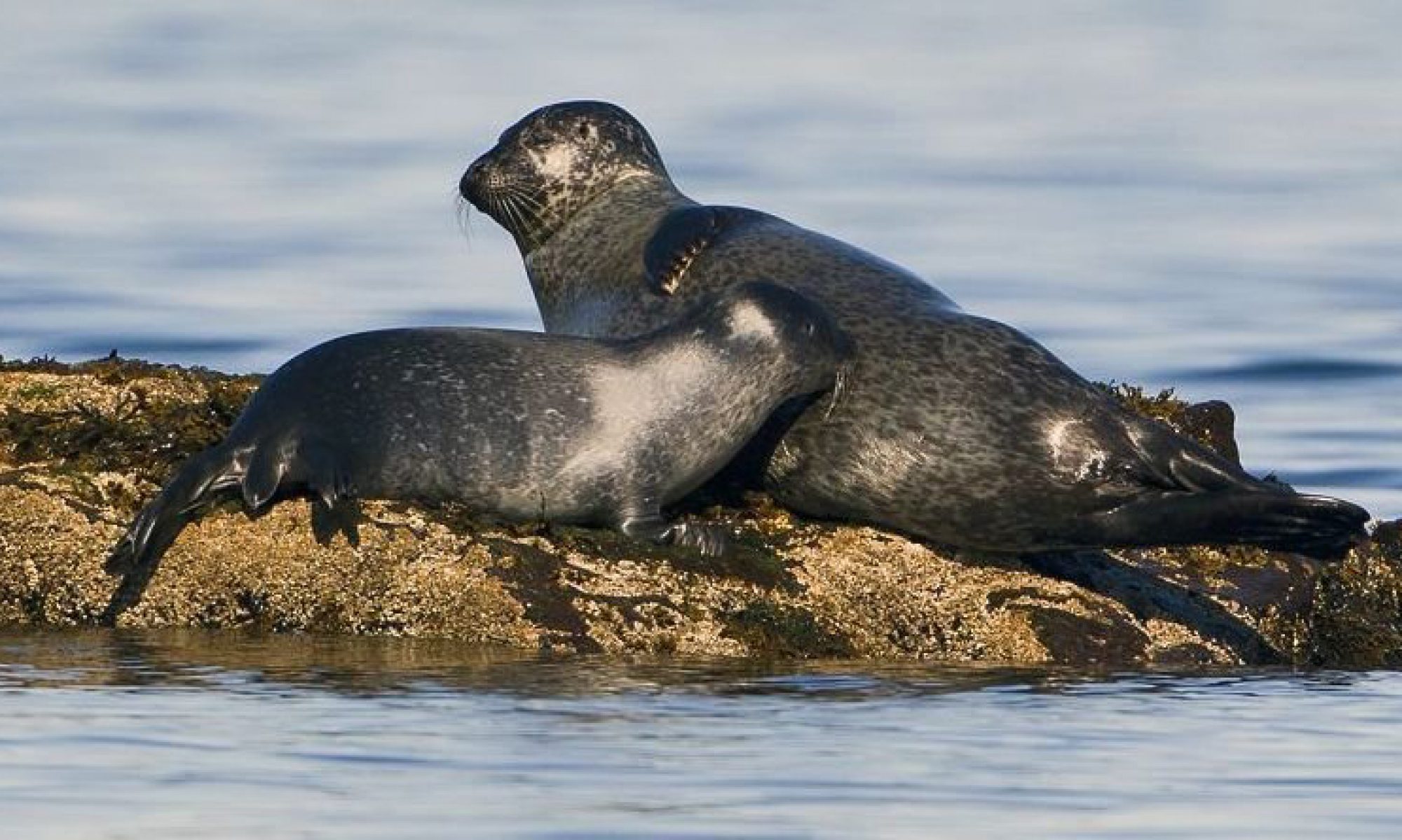The Tourism Research Department at the Icelandic Seal Center focuses its efforts on research in the areas of nature-based tourism and recreation, environmental education, wildlife tourism management, sustainable tourism in Arctic coastal communities and responsible tourism practices both in Iceland and internationally. Responsible tourism practices require interdisciplinary research and inter-organizational knowledge that builds a framework to address the need for human-wildlife interactions research in Arctic settings. Projects developed through the Tourism Research Department blends methodologies from both social and natural sciences research and theory. We have a long history working collaboratively both nationally and internationally which is represented in our list of projects below. Our department puts an emphasis on the practical implications of research towards responsible tourism and recreation development and management. Working closely with other organizations we put theory into practice by establishing programs that focus on the quality of life and well-being of the community. An example of this is the creation of an environmental youth group called Húnaklúbburinn.
Húnaklúbburinn is a children’s organization that was established in 2016 by U.S.V.H through partnerships with Félagsmiðstöðin Óríon and the Icelandic Seal Center. The Icelandic Seal Center serves as a consultant for the theoretical part of the program development while U.S.V.H. runs Húnaklúbburinn. The main goal of this youth club is to reconnect children between the ages of 10-16 years old with nature by using a combination of environmental education pedagogy with nature-based education and recreation theories and research. Research is put into practice to cultivate a respect for nature. Students learn about how to preserve and protect the environment; and are able to express these concepts to others.
Working in conjunction with Hólar University College, The Icelandic Seal Center strives to disseminate knowledge in several ways.
• Working with local stakeholders in creating community-based tourism projects.
• Working closely with other academics and practitioners to train new professionals who are creative and entrepreneurial.
• Create network training and project development events such as summer schools, training and informative meetings, and workshops.
• Interpretive information through museum displays and brochures.
• Consultation for curriculum and program development for formal and informal education.
The department is run by Jessica Faustini Aquino, PhD.

